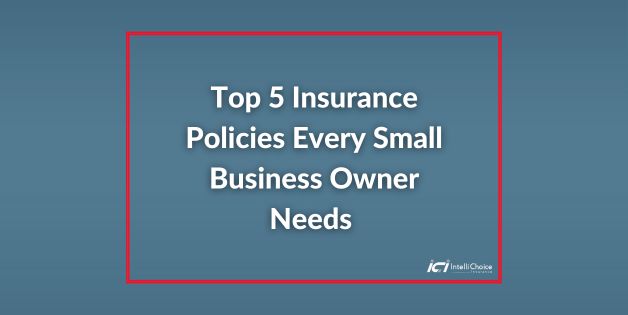
Life insurance is a critical financial tool that provides protection and peace of mind for you and your loved ones. Many employers offer life insurance as part of their benefits package, but is the coverage provided by your employer-sponsored plan sufficient to meet your needs? In this blog post, we'll explore the factors to consider when evaluating whether your employer-sponsored life insurance plan is enough.
Understand Your Coverage
Start by reviewing the details of your employer-sponsored life insurance plan. Determine the coverage amount, the type of policy (e.g., term life or permanent life insurance), and any additional benefits or riders included in the plan.

Assess Your Needs
Consider your financial obligations, such as mortgage payments, debt, and living expenses, as well as future financial goals, such as college tuition or retirement savings. Calculate how much coverage you would need to provide financial security for your loved ones in the event of your death.
Consider Additional Factors
Take into account any other sources of life insurance coverage you may have, such as individual life insurance policies or coverage through a spouse's employer. Evaluate the stability of your job and the likelihood of losing your employer-sponsored coverage in the future.
Compare Costs
Determine the cost of purchasing additional life insurance coverage independently compared to the cost of increasing coverage through your employer-sponsored plan. Consider factors such as premiums, coverage limits, and the flexibility of the policy.

Review Policy Limitations
Be aware of any limitations or restrictions imposed by your employer-sponsored life insurance plan, such as age limits, coverage exclusions, or waiting periods for coverage to take effect. Evaluate whether these limitations meet your needs and if additional coverage may be necessary.
Consider Future Needs
Keep in mind that your life insurance needs may change over time due to life events such as marriage, the birth of a child, or a change in financial circumstances. Reevaluate your coverage periodically to ensure that it continues to meet your needs.
In conclusion, while employer-sponsored life insurance can provide valuable coverage, it may not always be sufficient to meet your needs. By understanding your coverage, assessing your needs, and considering additional factors, you can determine whether your employer-sponsored life insurance plan is enough or if additional coverage is necessary to provide financial security for you and your loved ones. Contact IntelliChoice Insurance and we will review your coverage, needs and help you find the security you need.















